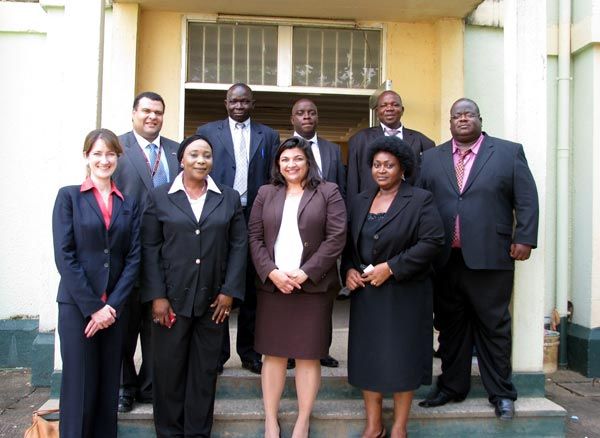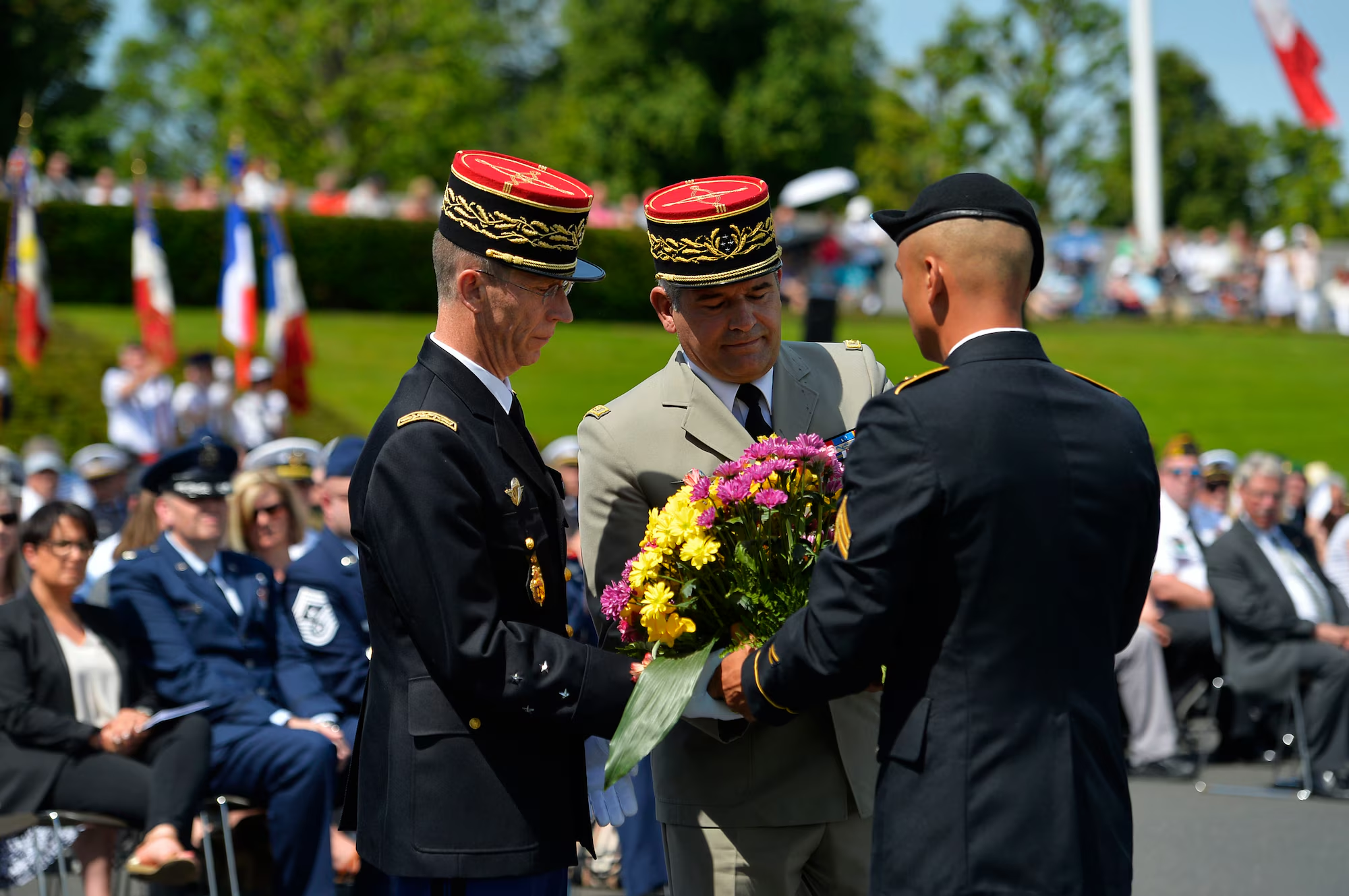More than a century after the devastating colonial campaign led by French officers Paul Voulet and Julien Chanoine in Niger, the French government has signaled a willingness to discuss reparations for the atrocities committed during the Mission Afrique Centrale. However, this dialogue comes without an acknowledgment of responsibility for the violence that left thousands dead and entire communities devastated.
French Government"s Half-Hearted Response
In a recent document seen by the Guardian, France"s permanent representative to the UN stated that the nation is open to bilateral discussions with Nigerien authorities concerning the restitution of cultural artifacts and historical research. Yet, the letter falls short of explicitly acknowledging the colonial crimes that occurred during the brutal campaign in 1899, where entire villages were razed and thousands of unarmed civilians were slaughtered.
Historical Context of Atrocities
The French colonial encounter in West Africa was marked by a relentless quest for territorial expansion driven by commercial interests. The Voulet-Chanoine mission exemplified this brutal colonial agenda. Reports from historians indicate that in Birni-N’Konni alone, approximately 400 people were massacred in a single day, with corpses displayed at village entrances to instill terror.
Survivors Demand Justice
According to Bernard Duhaime, the UN special rapporteur on the case, there has been a troubling lack of accountability. Despite France"s knowledge of the atrocities at the time, no MAC officer has faced justice, nor has there been any formal inquiry into the violence inflicted upon Nigerien communities. The descendants of victims are now calling for access to archival materials to document the full extent of the horrors they endured.
\n\n
Photo: U.S.-Nigeria Intellectual Property Working Group Meeting
France"s Reluctance to Engage with the Past
While France has made some efforts to confront its colonial history, such as admitting responsibility for the Rwandan genocide and issuing apologies for the Sétif massacre, the Voulet-Chanoine mission remains largely unrecognized. This selective acknowledgment raises questions about the sincerity of France"s commitment to genuine reparations and historical reckoning. The absence of this chapter in French education reflects a broader tendency to ignore the painful realities of colonialism.
The Fight for Acknowledgment and Restitution
Hosseini Tahirou Amadou, a teacher and campaigner for justice in Niger, emphasizes that recognition of these crimes is the first critical step. The communities impacted by the MAC are not merely seeking monetary compensation but demand a formal acknowledgment of the atrocities committed against their ancestors. The push for reparations has gained momentum, particularly with the African Union designating 2025 as the Year of Reparations.
Implications for Future Reparations
As discussions around reparations continue, the French government"s reluctance to fully engage with its historical crimes sends a troubling message. The legal framework cited by France, emphasizing the principle of non-retroactivity in international law, raises concerns about the ongoing impact of colonial legacies on contemporary social justice movements. The lack of a comprehensive acknowledgment of the MAC atrocities not only perpetuates historical amnesia but also undermines the rights of affected communities to seek justice and healing.
Call for Memorialization and Education
Amadou"s vision extends beyond reparations; he insists on the necessity for memorials that honor the victims of the massacres. Acknowledging this dark chapter of history is crucial for fostering understanding and healing among affected communities. The demand for educational reforms to include the history of the Voulet-Chanoine mission in French curricula further illustrates the need for a broader societal reckoning with France"s colonial past.

Ramstein celebrates Memorial Day at Lorraine American ...

![[Video] Anti-ICE Protester Pepper Sprayed as CBP Agents Disperse Crowd in Minneapolis](/_next/image?url=%2Fapi%2Fimage%2Fthumbnails%2Fthumbnail-1768260677127-y71sb7-thumbnail.jpg&w=3840&q=75)

![[Video] Several injured as U-Haul truck drives through Iranian protestors in Los Angeles](/_next/image?url=%2Fapi%2Fimage%2Fthumbnails%2Fthumbnail-1768176682028-q95y6j-thumbnail.jpg&w=3840&q=75)
![[Video] Scuffle breaks out between Trump supporters and Anti-ICE protesters in Times Square](/_next/image?url=%2Fapi%2Fimage%2Fthumbnails%2Fthumbnail-1768165958203-hgcgb-thumbnail.jpg&w=3840&q=75)


![[Video] Gunfire between Iraqi security forces and Sadr militias in Baghdad](/_next/image?url=%2Fapi%2Fimage%2Fthumbnails%2Fthumbnail-1768343508874-4redb-thumbnail.jpg&w=3840&q=75)
